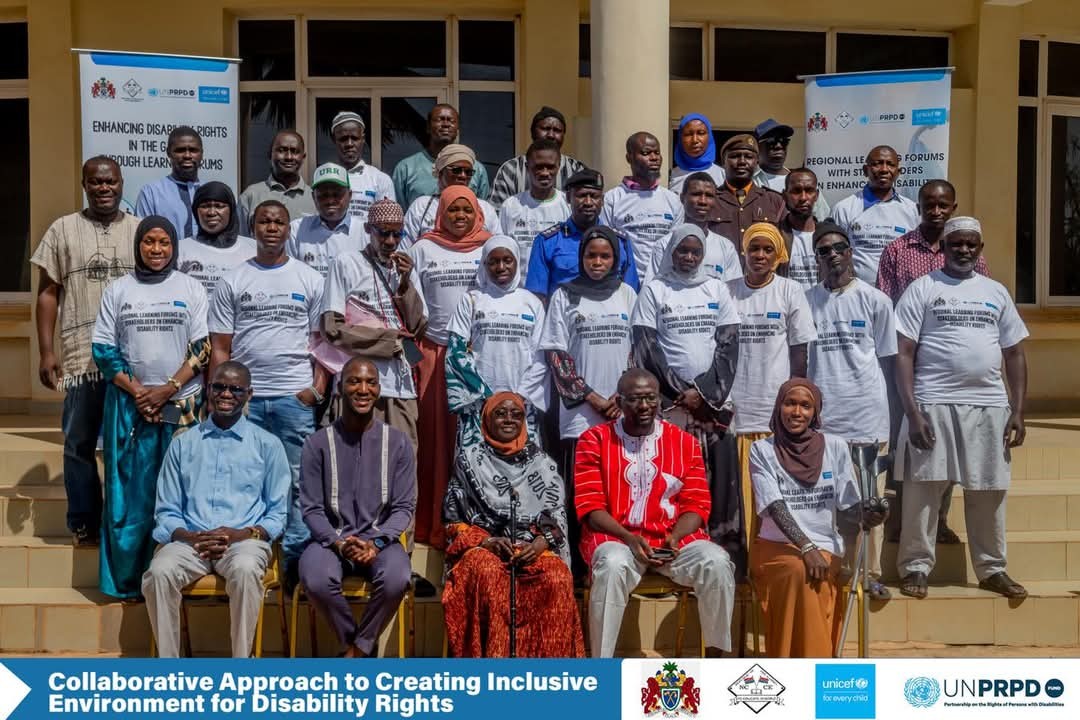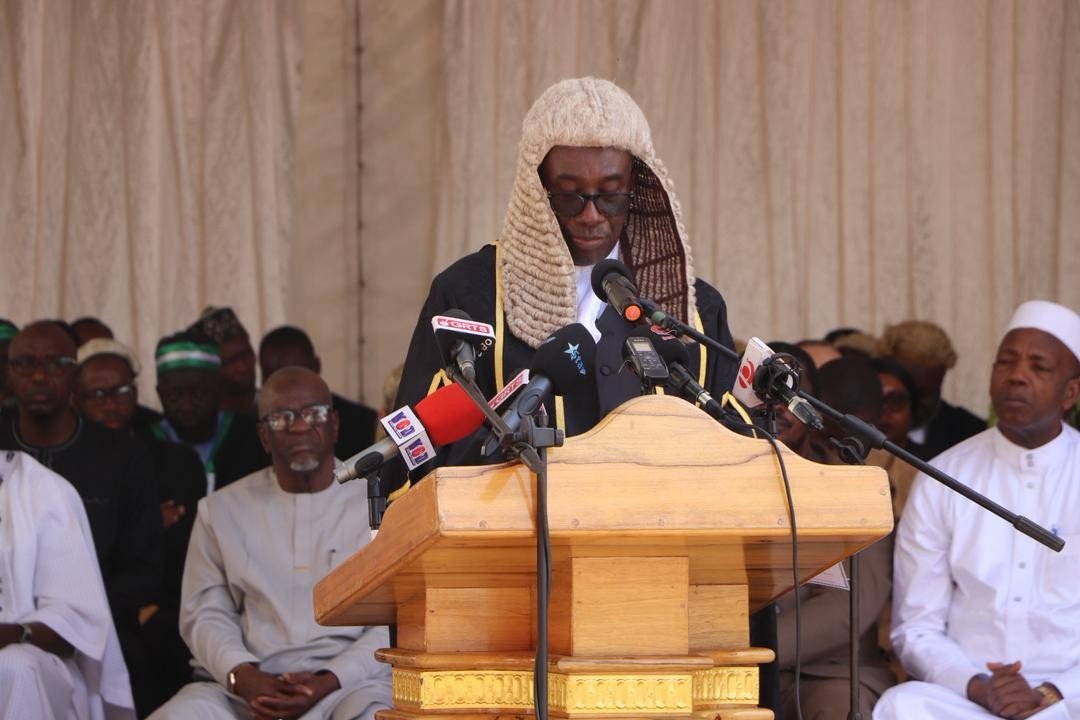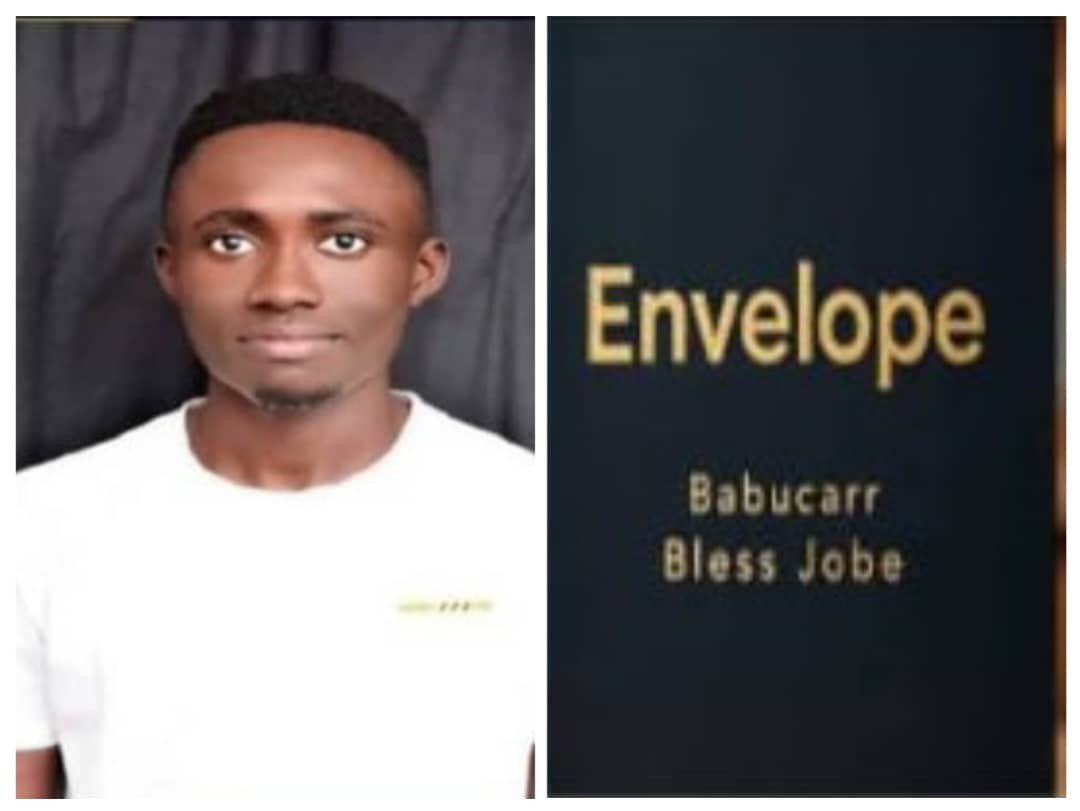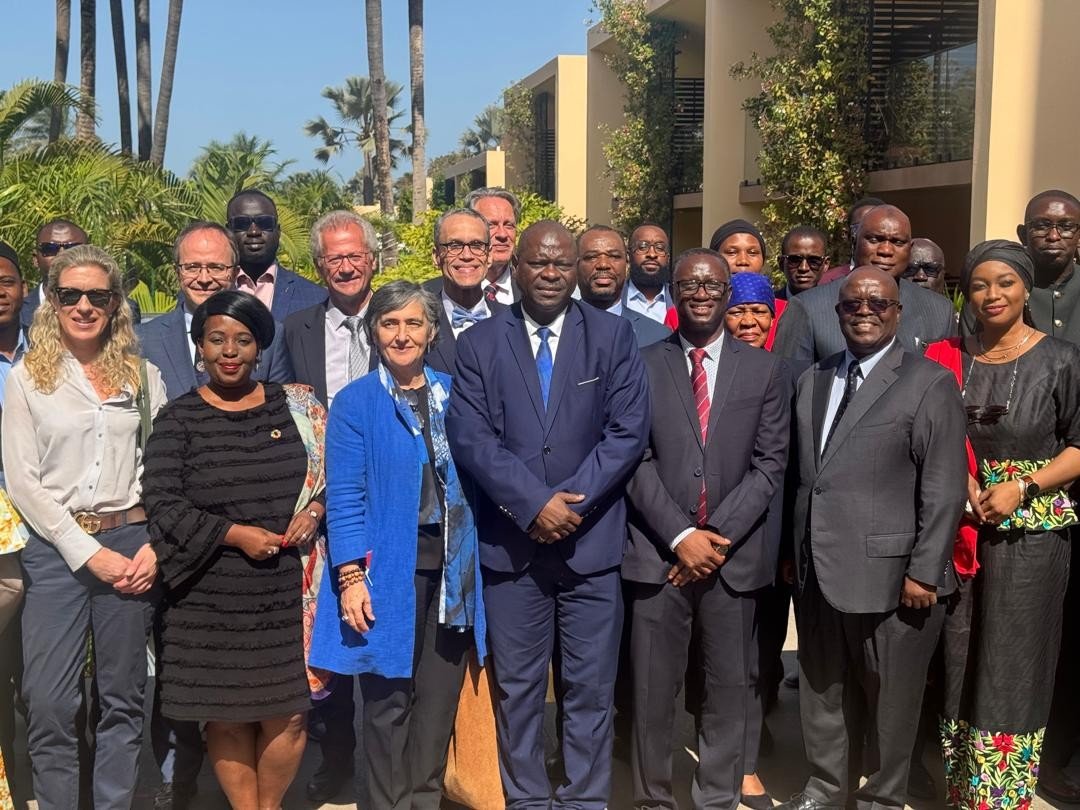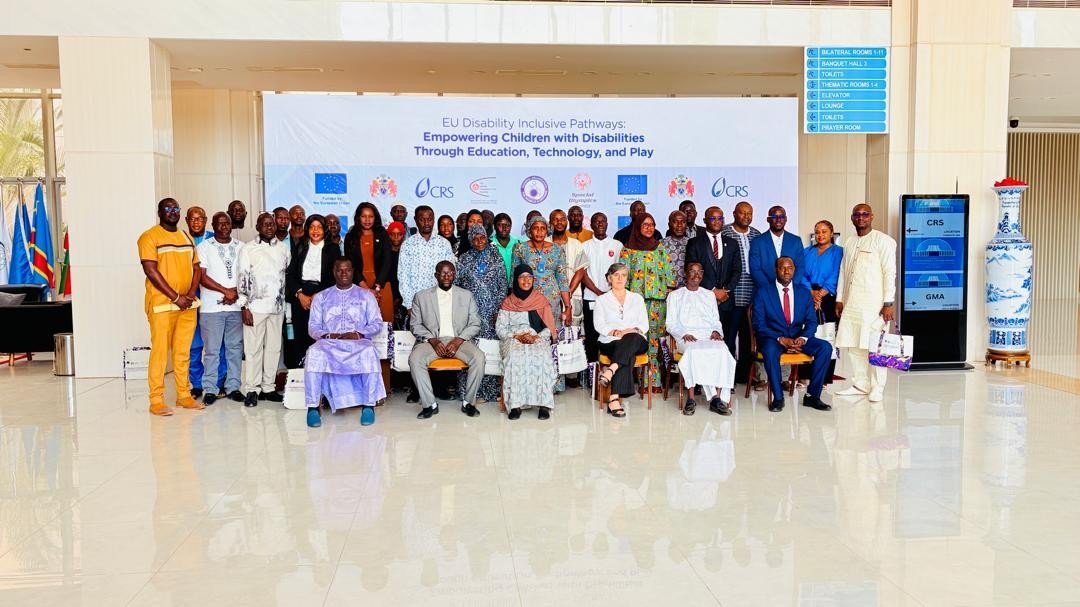The National Council for Civic Education (NCCE), in collaboration with UNICEF through the United Nations Partnership on the Rights of Persons with Disabilities (UNPRPD), recently ended a nationwide stakeholder learning forum on advancing the rights of persons with disabilities in The Gambia.
The forum, funded by UNICEF under the UNPRPD, was held under the theme: ‘Collaborative approach to creating inclusive environment for disability rights.’
The initiative, aimed at promoting the full realisation of rights and inclusivity for persons with disabilities by actively engaging relevant stakeholders, also seeks to raise awareness about the specific obligations and responsibilities in mainstreaming disabilities across all sectors and services.
In addition, the primary objectives of the activity are to establish platforms for key stakeholders in disability rights, particularly organisations of Persons With Disabilities, and decision-makers to convene and address issues affecting PWDs.
The focus was on identifying timely solutions to challenges such as the participation of PWDs, with particular emphasis on children, women, and those residing in rural communities.
Meanwhile, the initiative targets six (6) Learning Fora in six Administrative Regions, namely Upper River, Central River, Lower River, North Bank and West Coast Regions. Kanifing Municipal and Banjul City Councils are also part of the programme.
Each session targeted about 30 participants including PWDs, security personnel, members of the local authorities and other relevant regional stakeholders.
At the closing ceremony, Yusupha Bojang, Chief Civic Education officer for the National Council for Civic Education (NCCE), said national development includes the involvement, inclusion and participation of every citizen for the advancement of the country, noting that national development would hardly be realised if others are left behind.
He observed that those with disabilities are not at par with others in terms of development and participation in national endeavours, recalling that since the Disability Act was passed in 2021, a lot of work has been done.
However, he said, there are still gaps, further highlighting that their wish is to ensure there is a just and inclusive society where everybody has the opportunity to contribute their quota to the development of the country.
To this end, he thanked their partners for the collaboration.
Isatou Sanyang, the director deaf and hard of hearing female wing, observed that one of the most important rights they advocate for and protect at NHRC is the rights of PWDs.
She thus emphasises the need to empower PWDs to not only understand their rights, but to also be able to hold government accountable.
“Children with disabilities should not be hidden anymore; rather they should be given the necessary means to excel in society,” she said.
She indicated that there are a lot of PWDs globally who have invented great things. “There is no limitation to what you can achieve when you are empowered the right way,” she told participants.
Muhammed Krubally, chairman of the Gambia Federation for the Disabled (GFD), underscored the importance of the theme for the forum, saying it should be the collective responsibility of everyone to create inclusive spaces for Persons With Disabilities.
He thus called on participants to make best use of the knowledge gained during the forum as well as share with others to ensure the fundamental rights of PWDs are actualised, respected, promoted and protected.
Markus Angula, the child protection officer at UNICEF, underscored the importance of collaboration in addressing challenges faced by the person with disability.
He said it is a call to action for all government agencies, the civil society, development partners and community leaders to champion the rights of children with disabilities and ensure they are not left behind.
“We firmly believe that every child, regardless of ability, deserves the opportunity to thrive, to be heard, and to participate fully in their communities,” he stated, saying: “Yet, children with disabilities continue to face barriers to education, healthcare, and social inclusion.”
Their challenges are even more pronounced in the rural areas, where access to essential services remains limited, he added.
On behalf of UNICEF, Angula commended the Gambia government for its efforts in implementing the Persons with Disabilities (PWD) Act 2021 and for aligning national policies with the UN Convention on the Rights of Persons with Disabilities (CRPD).
However, he said the legal frameworks alone are not enough: “We must translate policies into tangible actions expanding inclusive education, improving healthcare access, and ensuring that children with disabilities are protected from discrimination and violence.”


